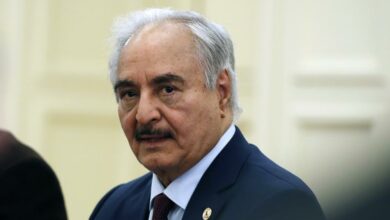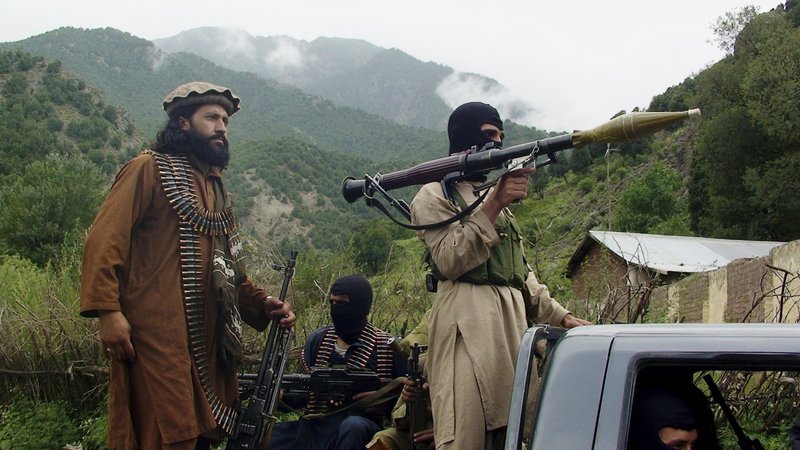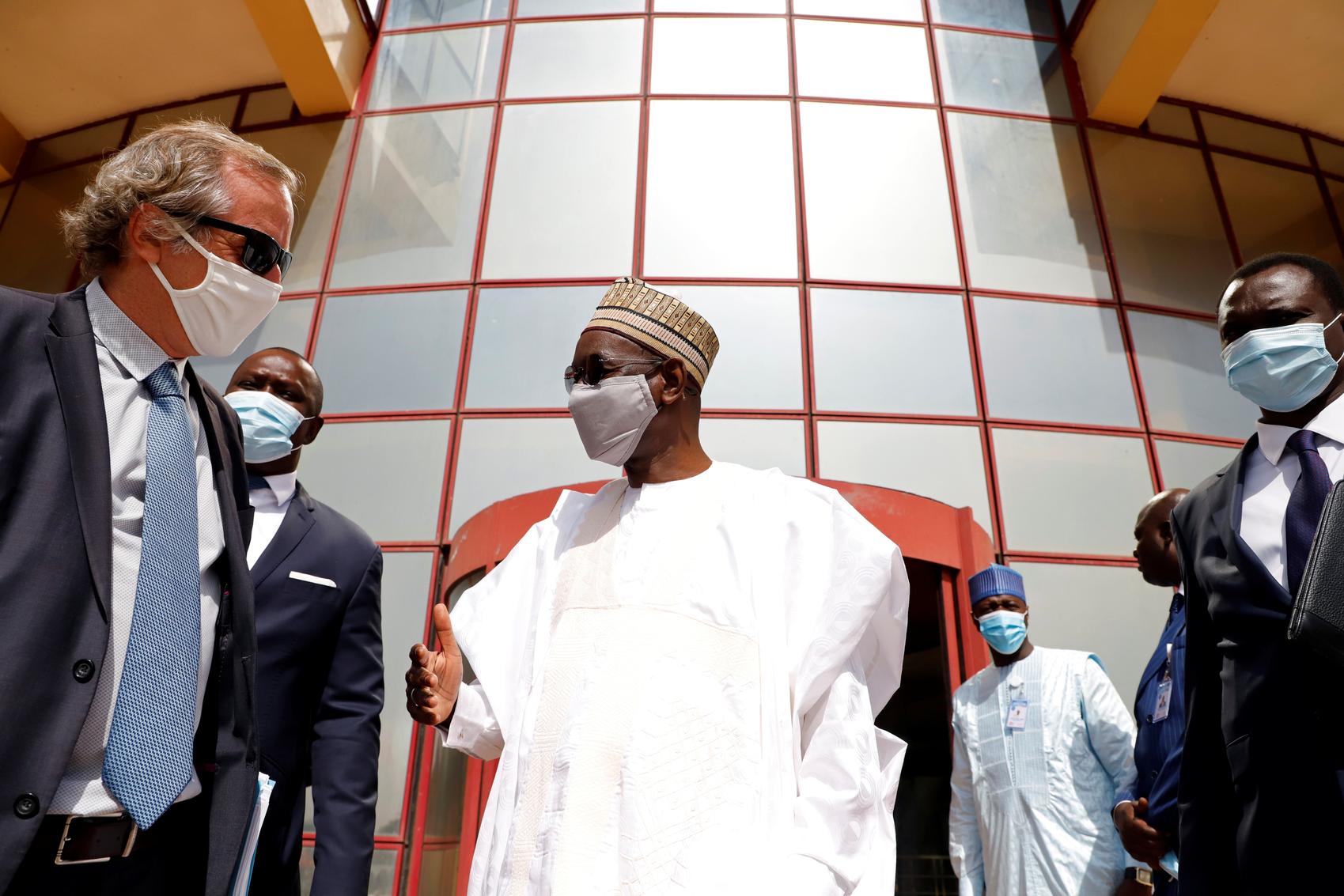Amid uncertainty over what will become of the cabinet’s supra-constitutional document, Islamist forces vow to protest in Tahrir Square on Friday. Some liberal, leftist and youth groups are also taking to the street, although pro-democracy forces are divided over whether to participate.
Although both Islamists and democracy forces will mainly protest the military, the Islamists and pro-democracy forces do not have identical agendas, activists say.
Negotiations over the supra-constitutional document have been ongoing for the past two weeks. The main players are Deputy Prime Minister Ali al-Selmy and various political parties led by the Freedom and Justice Party (FJP), the political arm of the Muslim Brotherhood, which opposes that the military be granted special powers, as provided for in the document.
The document is supposed to influence the new constitution, which is to be drafted after the elected parliament nominates members of the constituent assembly. In a parliament where Islamists are expected to be extensively represented, the military’s power poses a potential limitation to their constitutional ambitions.
The parties in the Democratic Alliance – of which the FJP is part – proposed changes to the cabinet on Wednesday and rejected that idea that the document be mandatory. Rather, it insisted that the document constitute a suggested guideline. The SCAF and the government have not yet responded to the proposed changes.
Despite media reports about a pending agreement, including a possible concession that Selmy’s principles become non-binding, there was no official confirmation of such rumors as of Thursday evening.
Thus, FJP and other Islamist parties such as the Salafi al-Nour and Fadeela parties, as well as the Jama’a al-Islamiya’s Building and Development Party, decided to pressure the government by launching street protests on Friday. They have dubbed Friday’s demonstrations the “Friday of Protecting Democracy.”
“We call on people to go to Tahrir Square on Friday to support the revolution and reject any form of guardianship over Egyptians by imposing a document on constitutional principles and rules for choosing members of the constituent assembly,” said a statement by the FJP.
The statement written by Safwat Hegazy, a leading member in the FJP, demanded SCAF create a timetable for transferring power to an elected president by June 2012 at the latest.
Hisham Abul Nasr, member of the Nour Party’s governing board, told Al-Masry Al-Youm that the party will primarily demand two things at Friday’s protests: first, that SCAF hands over power to a civilian authority by April 2012 and second, that it discard the supra-constitutional document and not just amend them.
“The document is an attempt to circumvent the people’s will and the true meaning of democracy,” said Abul Nasr.
However, some liberal forces have cast doubt on Islamist intentions in light of the supra-constitutional dilemma, noting that the issue at stake is not democracy but rather the nature of the state’s identity. Accordingly, some liberals have decided not to take to the streets in order to keep a distance from the Islamists.
“In their meeting with the government, the Muslim Brotherhood didn’t have a problem with the articles concerning the armed forces. On the contrary, they said they understood the need for secrecy about the military,” wrote Mamdouh Hamza, a political activist, on Facebook.
Hamza, who called for boycotting the protests, added that the Brothers asked for three conditions: first, removal of anything that hints at the civil nature of the state; second, a rule that the document is non-binding; and third, cancellation of any restrictions concerning the choice of constituent assembly members.
The parties to boycott the protests are the leftist Karama party, the Egyptian Social Democratic party, Tagammu, the Free Egyptians, the Kefaya movement and the National Association for Change (NAC).
“We reject latent sectarianism in the call for Friday’s protest and the lining up of an Islamist front in the face of a civil one, especially during this sensitive period where there is a lack of security and elections are coming up,” said Amin Iskandar, leading founder of the Karama party.
Iskandar added that the party accepts the document in principle, but has some reservations on articles which give the military extra powers, especially with regards to budget oversight.
“There has to be a way where the army’s budget is discussed under a form of legislative oversight,” Iskandar said.
Meanwhile, some parties and revolutionary forces decided to take to the street, but not to take the Muslim Brotherhood’s side.
Those include the Popular Socialist Alliance, Adl and Wasat parties, the April 6 Youth Movement, the 25 January Youth Coalition, the Youth for Justice and Freedom group, No to Military Trials for Civilians, and the Revolutionary Socialists.
The groups’ main demands are that the military hands over power to a civilian authority by April 2012, stops trying civilians before military tribunals, and excludes former members of the dissolved National Democratic Party from political activity.
“We disagree with the Islamists with regards to the constitutional principles document, as we believe they want to control the process of drafting the constitution,” said Marwa Farouk, member in the political secretariat of the leftist Popular Alliance Party.
Farouk added that the party rejects any document put under the guardianship of SCAF, as the latter does not have such legitimacy, she says.
For Farouk and other non-Islamist groups, participating in the protest does not amount to a stand-off with the Islamists.
Mona Seif, co-founder of the No to Military Trials of Civilians movement, told Al-Masry Al-Youm that the group is not afraid of Islamists dominating the protest.
“We have a clear demand that military rule ends, and we need to pressure SCAF to hand over power. So it would be wrong to shy away because of the Islamists,” said Seif whose brother, a prominent activist, is in military detention for charges of assaulting military personnel and stealing military-owned machine guns.
In the meantime, the Ministry of Interior announced that security forces will retreat from Tahrir Square during Friday’s protests and that they will restrict their role in the protest to protecting vital state buildings.




